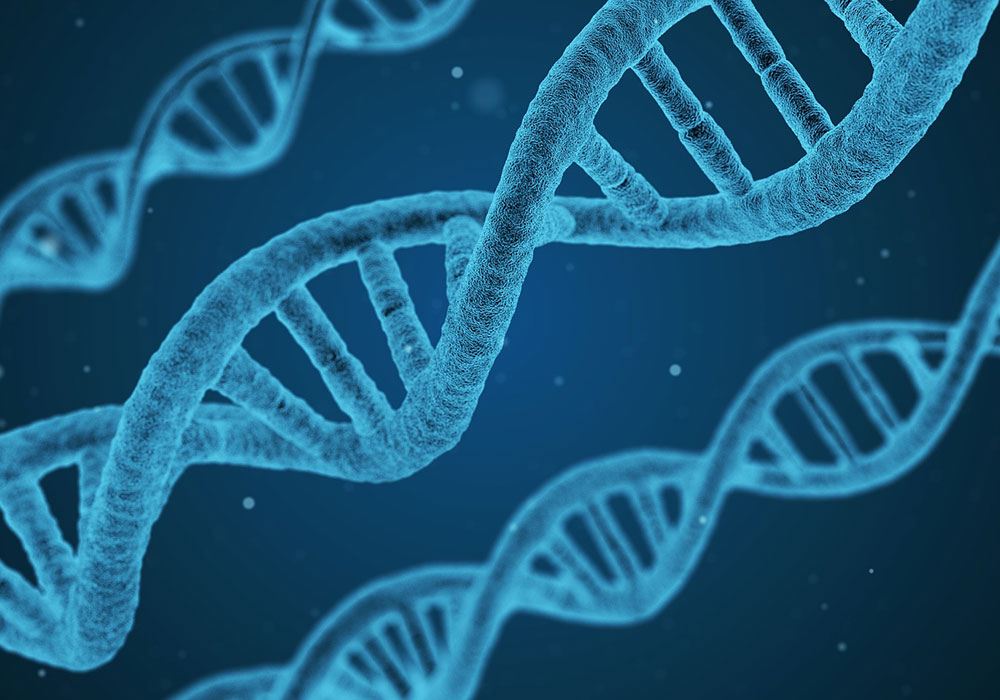An estimated 1%–2% of adults have one pathogenic ataxia telangiectasia mutated (ATM) gene variant (heterozygous) and are considered carriers. People who are homozygous (two altered copies) have ataxia-telangiectasia (A-T), a hereditary condition that often appears in childhood and is characterized by progressive neurologic problems that lead to difficulty walking and an increased risk for developing various malignancies. Children with A-T may begin staggering and appear unsteady (ataxia) shortly after learning to walk.
The ATM gene is located on chromosome 11 and provides instructions for making the ATM protein that helps control the rate at which cells grow and divide. The protein assists cells in recognizing damaged or broken DNA strands and activating enzymes to repair them.
Cancer Risks
Heterozygous germline ATM pathogenic variants are associated with an increased risk for developing a variety of cancers, including breast, colon, prostate, gastric, pancreatic, melanoma, and ovarian and possibly other cancers. The ATM gene is considered a moderate risk penetrance gene, meaning the risk of developing a malignancy in an individual who carries a pathogenic variant is two to four times that of the general population. The risks vary with the specific variant and are associated with family history. See the sidebar for recommended prevention and screening strategies.
Treatment Implications
Emerging evidence suggests that poly-ADP ribose polymerase (PARP) inhibitors may be an effective treatment for breast, colon, lung, and other cancers in patients with an actionable ATM variant.
People with homozygous pathogenic ATM gene variants are hypersensitive to radiation therapy. The evidence with respect to the safety of radiation therapy in heterozygotes is mixed; some data suggest increased toxicity in carriers, but other studies have not. The evidence is currently insufficient to make recommendations about radiation therapy in heterozygous carriers.
Nursing Implications
Once a pathogenic germline ATM variant is identified in a family, other family members should be referred to a genetics professional for counseling about testing options. People with a pathogenic ATM variant require ongoing screening to reduce their risk for morbidity and mortality associated with cancer. Because the exact risks are not fully understood, screening recommendations include family medical history as a consideration (see sidebar).
Knowledge of the risks and management of those with a pathogenic ATM variant is continually evolving, so regular consultation with a genetics professional is important to ensure that patients are following current and appropriate recommendations. Nurses can provide patient and family education about how knowledge of an ATM pathogenic variant guides treatment decisions.






